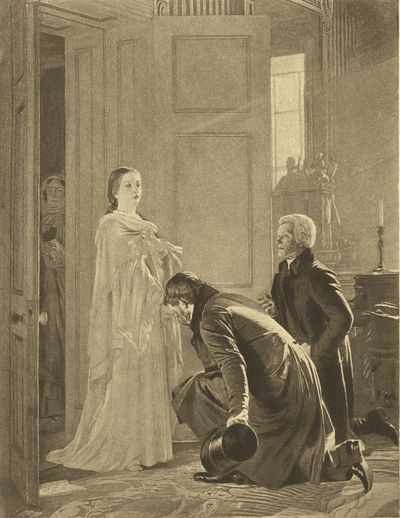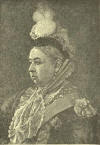 The Global Importance for All Students of Studying Queen Victoria's Reign
The Global Importance for All Students of Studying Queen Victoria's Reign
Queen Victoria's reign (1837-1901) was a deeply transformative era that profoundly shaped the modern world, making it absolutely essential for students everywhere to understand its impact. As the British Empire expanded to its zenith, Victoria's rule influenced global politics, economics, and culture, leaving legacies that still resonate today.
The Industrial Revolution, which flourished under Victoria, revolutionized technology, trade, and labor systems worldwide. Innovations like railways and telegraphs connected continents, laying the groundwork for globalization. High school World History students studying this period gain insight into how conclusively industrialization spurred urbanization and economic inequality—issues very much still relevant today.
Politically, the British Empire's expansion under Victoria—hailed as the "Empress of India"—had profound consequences. Colonization affected nations from India to Africa, reshaping borders, economies, and cultures. Understanding this pivotal history fosters awareness of postcolonial challenges and global power dynamics. Victoria's reign also saw the rise of social reforms, including labor rights and education acts, highlighting the power of activism—a lesson in civic engagement.
Culturally, the Victorian era introduced enduring literary, artistic, and scientific advancements. Writers like Dickens (author of A Christmas Carol) and Darwin challenged societal norms, while moral values of the time influenced gender roles and family structures globally.
Studying Victoria's reign equips students around the globe with a lens to analyze imperialism, industrialization, and social change—critical for understanding today's interconnected world. Her era's complexities encourage critical thinking about progress, ethics, and identity, making it universally significant.
|
 The Global Importance for All Students of Studying Queen Victoria's Reign
The Global Importance for All Students of Studying Queen Victoria's Reign















































